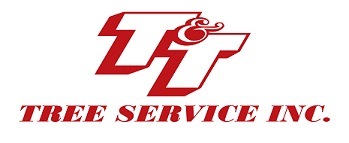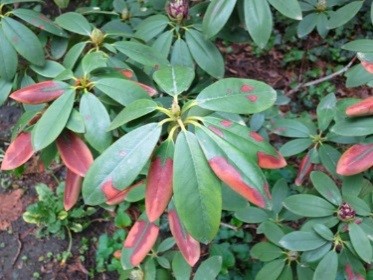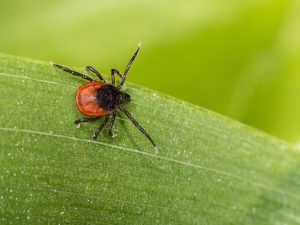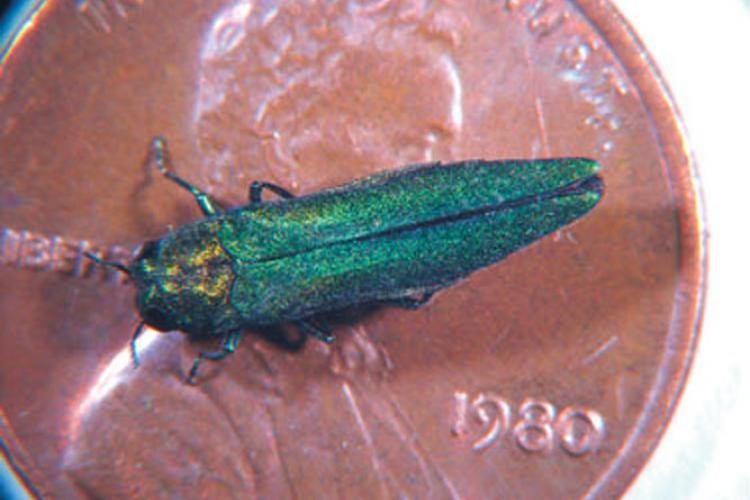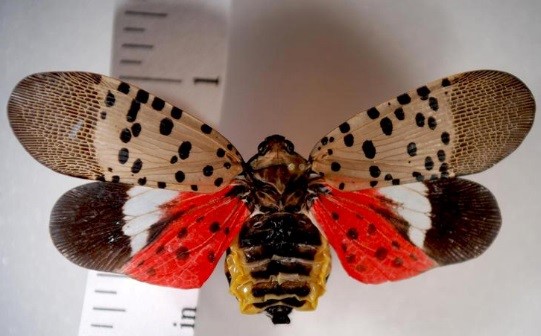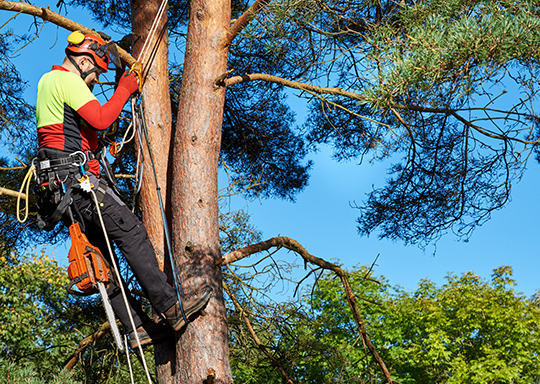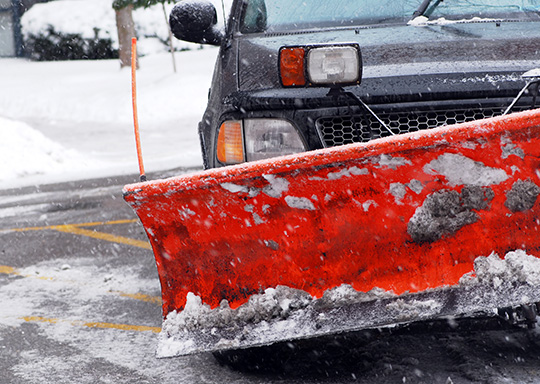At the first signs of noticing a tree or shrub in decline an accredited licensed professional should be called. By decline we mean spots on leaves, excessive leaf or bark loss or perhaps unusually light-colored foliage. It is imperative to act as soon as possible.
It is important that the correct procedures and steps be taken at certain times of the year when the risk of disease and insect damage is most prevalent.
At T&T, we use IPM (Integrated Pest Management) in conjunction with Penn State Co-operative Extension services to help keep us informed about which insects and diseases are most active in our area and the best methods to control them.
In addition to insect and disease control, we also offer liquid fertilization (pressure injected into the soil/root area) to help provide ailing trees and shrubs with the nutrients they need. We can also have your soil tested for pH and nutrient levels, providing a comprehensive regime to Plant Healthcare.
The Organic Materials Review Institute (OMRI) is an international nonprofit organization that determines which input products are allowed for use in organic production and processing. OMRI Listed® products are allowed for use in certified organic operations under the USDA National Organic Program.

